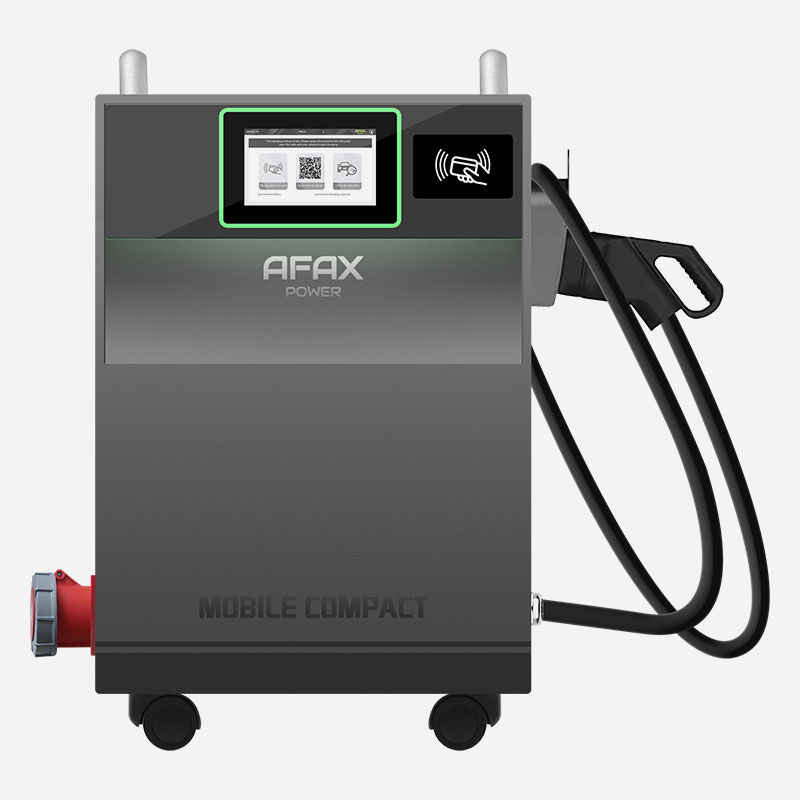Understanding Different Types of EV Chargers
- afaxpower5
- Jul 17, 2024
- 2 min read
As electric vehicles (EVs) become increasingly popular, understanding the different types of EV chargers available is crucial for both current and potential EV owners. This guide will explore the various types of EV chargers, their advantages, and how they impact the overall EV charging experience.

Level 1 Chargers
Level 1 chargers are the most basic type of EV chargers. They use a standard 120-volt AC household outlet and provide about 2 to 5 miles of range per hour of charging. These chargers are typically included with the purchase of an EV and are best suited for overnight charging at home. While they are the slowest option, they are also the most accessible and do not require any additional installation.
Level 2 Chargers
Level 2 chargers require a 240-volt AC circuit, similar to what is used for large household appliances like dryers. They provide 10 to 60 miles of range per hour of charging, making them significantly faster than Level 1 chargers. Level 2 chargers are commonly found in public places such as shopping centers, workplaces, and parking garages. They can also be installed at home, but this requires a dedicated circuit and professional installation.
DC Fast Chargers
DC fast chargers, also known as Level 3 chargers, provide the fastest charging speeds available. They use direct current (DC) instead of alternating current (AC) and can charge an EV up to 80% in just 20 to 30 minutes. These chargers are typically found in commercial and public settings, such as highway rest stops and service stations. Due to their high cost and power requirements, they are not suitable for home use.
Wireless Charging
Wireless EV charging is an emerging technology that allows for charging without a physical connection. It uses an electromagnetic field to transfer energy between two coils—one located in the ground and the other in the EV. Wireless charging offers convenience and ease of use, as drivers simply need to park over the charging pad to begin charging. However, this technology is still in development and is less efficient than traditional plug-in charging.
Choosing the Right EV Charger
The choice of EV charger depends on several factors, including charging speed, convenience, and cost. For most EV owners, a combination of Level 1 and Level 2 chargers will meet their daily charging needs. DC fast chargers are ideal for long trips and quick top-ups, while wireless charging offers a glimpse into the future of EV charging.
Conclusion
Understanding the different types of EV chargers is essential for optimizing the EV ownership experience. Whether charging at home, at work, or on the go, there is a suitable charger for every situation. As technology continues to advance, we can expect even more efficient and convenient charging solutions to emerge, further supporting the growth of electric vehicles.




Bình luận